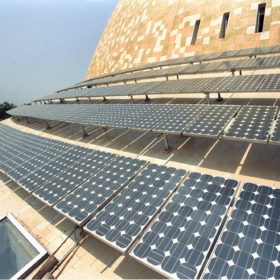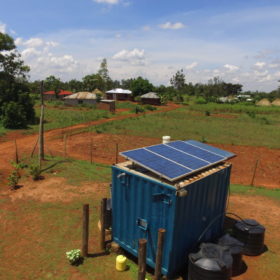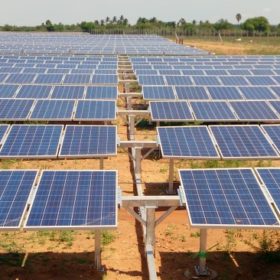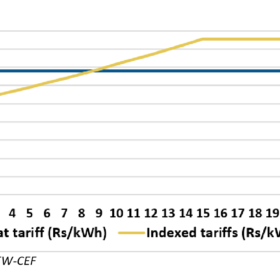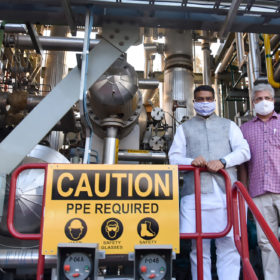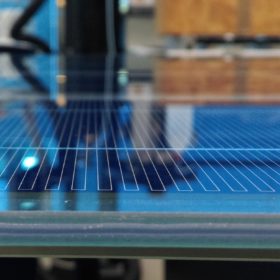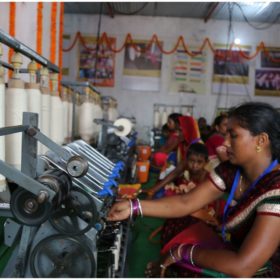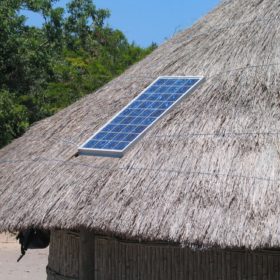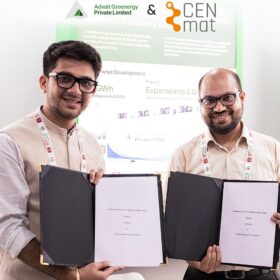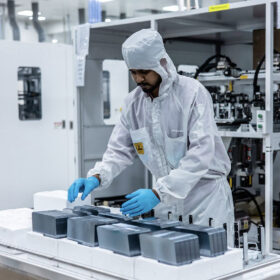India added 883 MW of rooftop solar in nine months despite Covid-19
With 380 MW of generation capacity, Gujarat accounted for 43% of new rooftop solar installations during the January-to-September period.
Rockefeller Foundation commits US$1 billion to catalyze a green recovery from pandemic
The new billion-dollar investment is aimed at scaling distributed renewable energy across developing countries in Africa, Asia and Latin America.
Conformity assessment of solar PV panels in India
Quality of testing is equally important even as new test labs come up for solar modules. Proper equipment selection and frequent calibration of equipment are prerequisites to ensure the credibility of the test results.
Corporate funding for battery storage up 75%
Analysts at Mercom Capital Group have tallied up corporate funding, venture capital and debt and public market investment for battery storage, smart grids and energy efficiency companies. From a financial perspective, the industry appears resilient to the Covid-19 crisis and ready to grow further.
String monitoring boxes sought for 20 MW NTPC solar project
State-owned engineering major Bharat Heavy Electricals Ltd (BHEL) has retendered supply of string monitoring boxes with wireless communication for NTPC’s 20 MW solar project at Gandhar in Gujarat. Bidding closes on October 27.
Indexed renewable energy tariffs could save discoms up to INR 21,880 crore over five years
A joint report by the Institute for Energy Economics and Financial Analysis (Ieefa) and the CEEW-Centre for Energy Finance (CEF) has recommended indexed tariff structure over flat rate for future renewable capacity, with front-ending tariffs as low as INR 2/kWh, to ease near-term financial pressure on discoms.
IndianOil turns to gas, not green hydrogen, to reduce Delhi bus emissions
The public sector energy company has opened a compact reformer plant at Delhi Transport Corporation’s Rajghat bus depot. The facility will produce hydrogen-enriched compressed natural gas as a bus fuel. A trial period will see 50 gas-powered buses run on the blended fuel with fuel economy and emissions monitored.
Borosil Renewables records 65% YoY revenue increase for first half
The Indian solar glass maker posts revenue of INR 168.16 crore for the first half of FY2020-21, generating profits (after tax) of INR 12.19 crore.
Ministry drafts policy for rural solar appliance roll-out
The Ministry of New and Renewable Energy is eager to ramp up deployment of solar-powered dryers, cold storage and charkhas across the nation’s 600,000 villages.
Fall in off-grid solar sales deprives 5m people of access to clean power
The latest edition of the Global Off-grid Solar Market Report by the World Bank and GOGLA has called for regulatory and financial support to help off-grid distributors create jobs lost to the Covid-19 pandemic.
